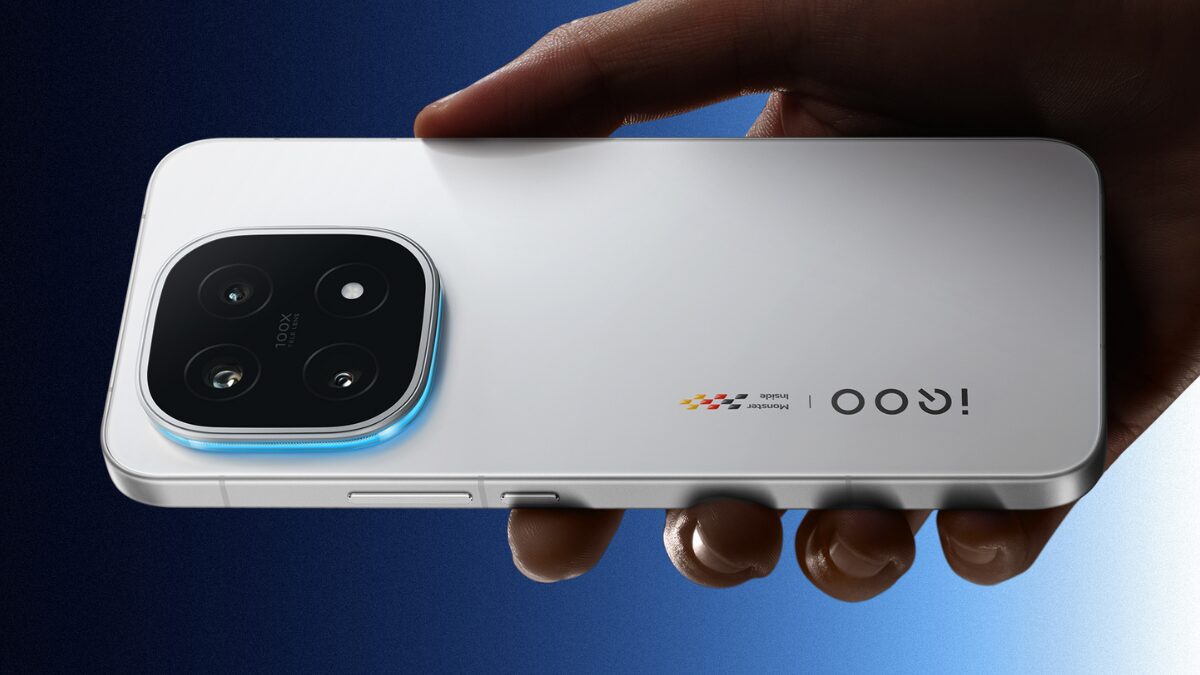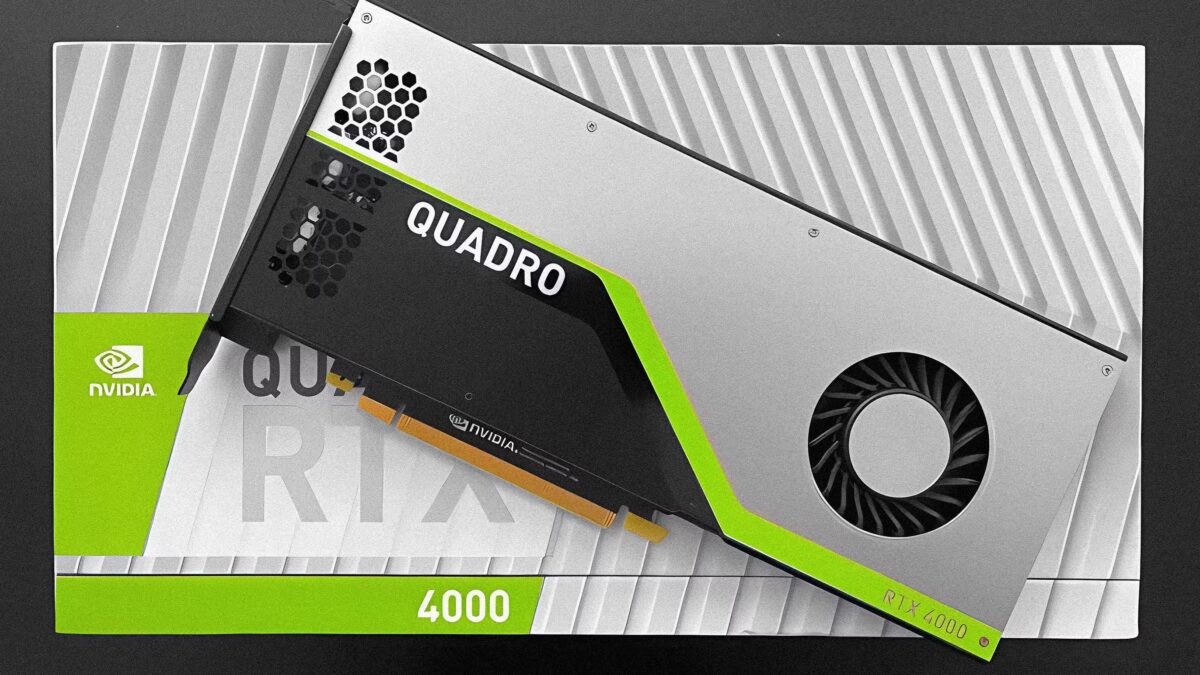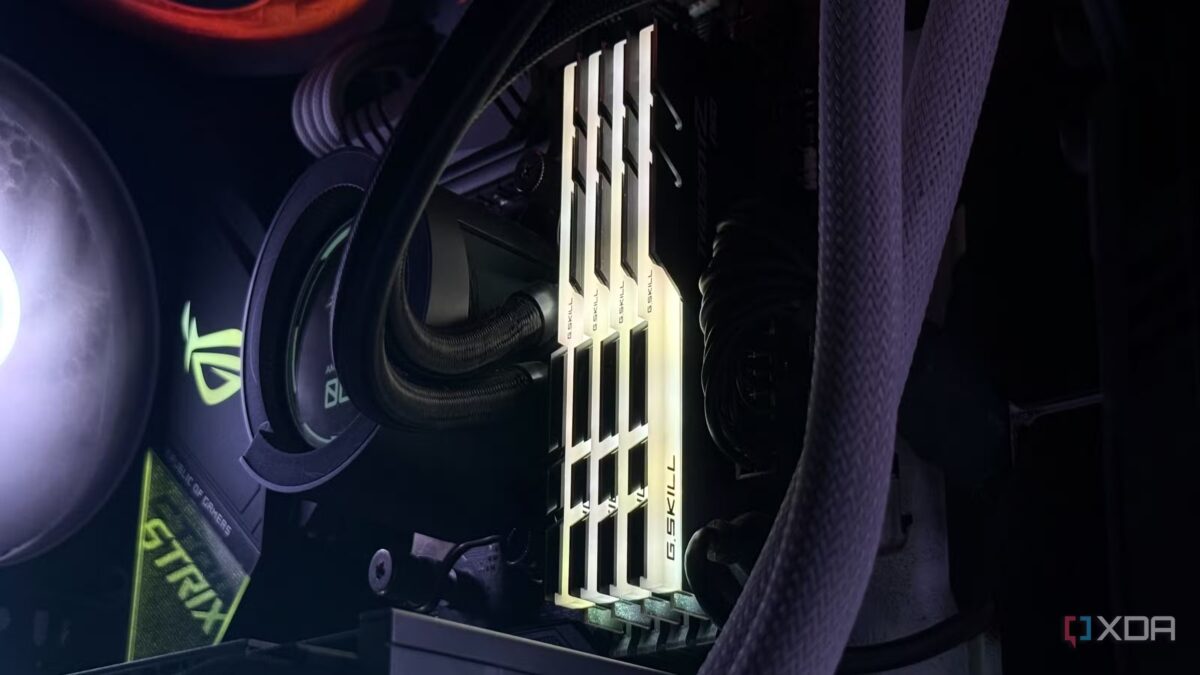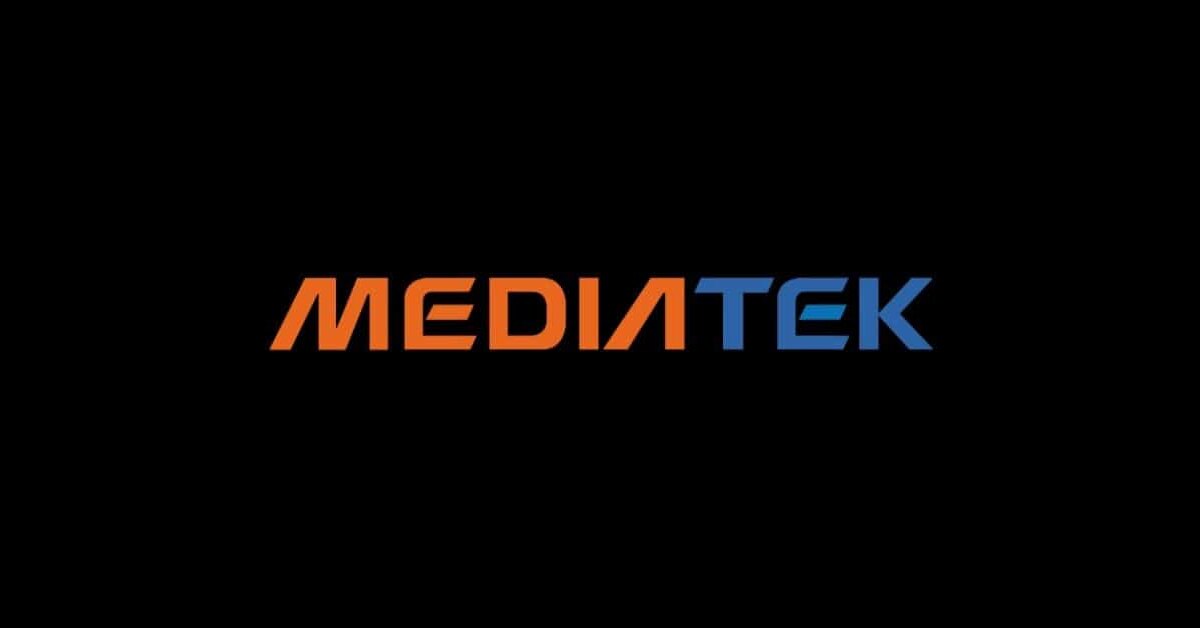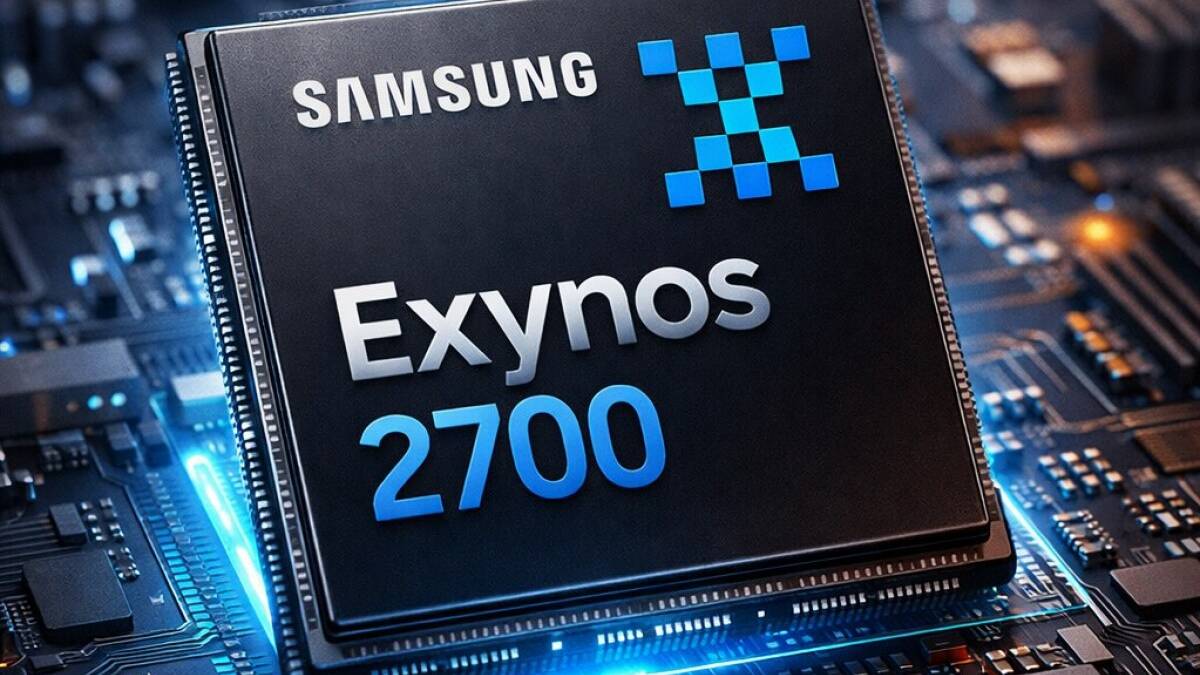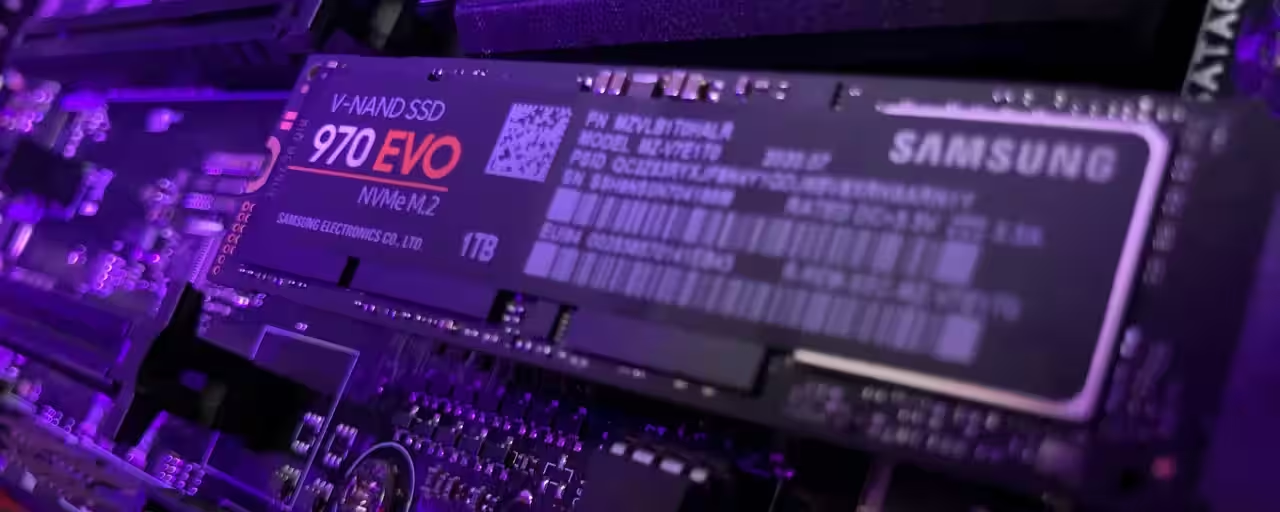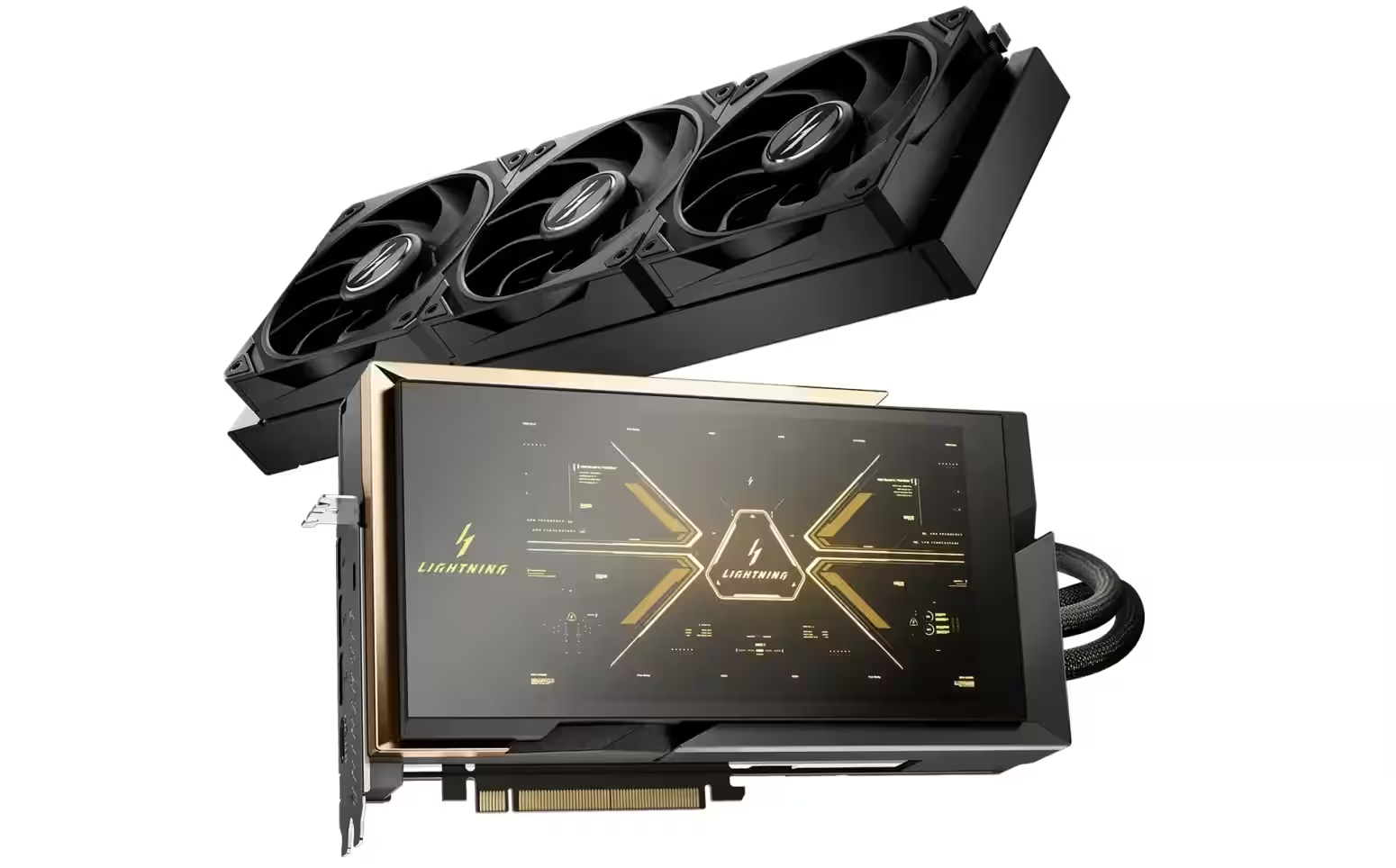Qualcomm’s latest PC processor beats Apple’s M1 and catches up to the M2
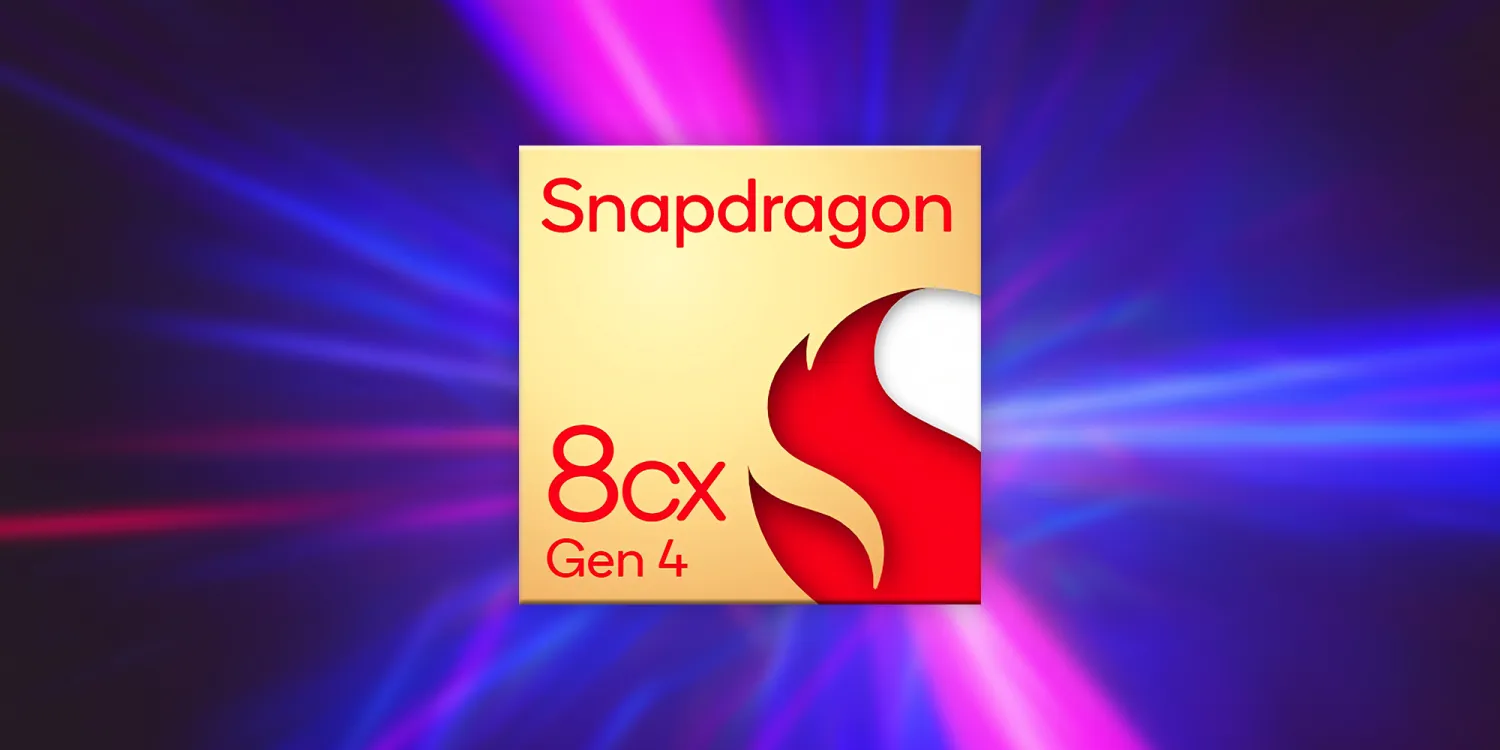
Apple has done well with Apple Silicon chips «M» for computers, as they offer great performance without excessive power consumption. On the other hand, Qualcomm and Microsoft have tried to create a competitor to Apple Silicon Macs. Although the first attempts were unsuccessful, it looks like Qualcomm’s latest processor has finally overtaken Apple’s M1 and is catching up to the M2 in terms of performance.
The new Qualcomm processor is almost as fast as the M2
.
As reported by Windows Latest, benchmark results for Qualcomm’s new Snapdragon 8cx Gen 4 chip, internally dubbed «Hamoa», have appeared on the Geekbech website. Interestingly, while previous versions of Qualcomm’s ARM chips failed to beat Apple’s M1, this one finally did. Geekbench benchmark results for Qualcomm’s new processor show a single-core score of 1,197 points and a multi-core score —9,337 points. The Snapdragon 8cx Gen 4 has eight performance cores and four efficient cores. Both the M1 and M2 have four performance and four efficient cores each. But how do all these chips compare?”
How do all these chips compare?
The M1 and M2 are still much better in single-core mode. However, because the new Snapdragon chip has more cores, it was able to outperform the M1 in multi-core performance and came close to the M2’s performance.
M1 and M2’s performance.
| Single-core | Multi-core | ||
| Apple M1 | 2334 | 8316 | |
| Apple M2 | 2589 | 9742 | |
| Snapdragon 8cx Gen 3 | 1107 | 5893 | |
| Snapdragon 8cx Gen 4 | 1197 | 9337 |
The report mentions that the new Snapdragon 8cx Gen 4 is being developed by Nuvia — a startup founded in 2019 by former engineers from Apple’s Silicon team and acquired by Qualcomm in 2021 for $1.4 billion. These engineers are believed to be the ones behind recent advances in ARM processors for Windows PCs.
The company is also believed to be behind the latest ARM processors for Windows PCs.
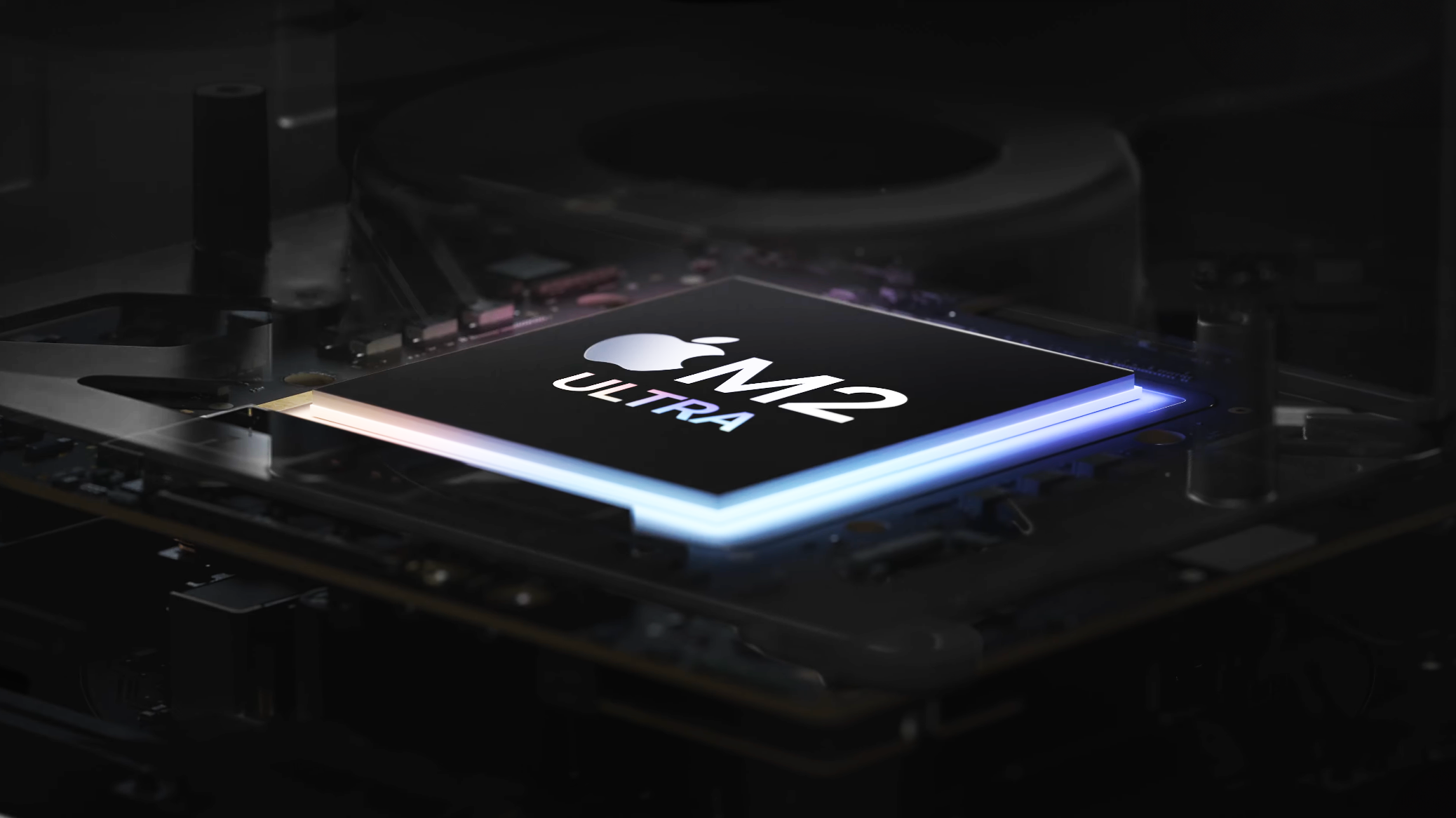
The numbers — that’s not all
According to an article from SlashGear, roughly since the M2 debuted, GB version 5 scores have been: 1920 for single-core and around 9000 (8928 in the test from the article) for multi-core. Compare that to the Qualcomm chip: the M2’s single-core score is 1.6 times faster, while Qualcomm’s multi-core is 3-12 percent faster (i.e., 1.03 times). And it uses 50 percent more cores (i.e., 4 more) than the M2. So no, nothing produced by Qualcomm is even remotely comparable to M2 because anyone can brute force add cores to a product and increase its speed. This completely ignores the fact that the base score has changed in GB version 6 and how the tests are conducted in the first place. The single-threaded score, which is used by all applications and is the first thing you encounter for speed differences in actual computer use, remains significantly slow.
Of course, performance numbers — are not everything, and there are a few other things to consider. For example, because Qualcomm’s chip has more cores, it may not be as power efficient as Apple’s chips. In other words, with higher performance, it may consume more power, which is undesirable for laptops and tablets.
The Qualcomm chip may not be as energy efficient as Apple’s chips.
It should also be kept in mind that while the M2 has been available since 2022, the Snapdragon 8cx Gen 4 is still under development. The first Windows PCs based on Qualcomm’s new chip are expected to hit the market by the end of this year or early 2024.
We should also keep in mind that while the M2 is available from 2022, the Snapdragon 8cx Gen 4 is still under development.
In the meantime, Apple is gearing up to announce the first Macs with the M3 chip, which should also be unveiled in the next few months. And since the M3 will certainly provide another performance boost for Apple’s Silicon Macs, Qualcomm will be busy trying to outperform Apple’s chips for a long time to come. Still, it’s good to see other companies investing in ARM-based PCs as well. The only one who should be concerned about this situation is — Intel, which has already lost Apple and may soon lose other PC makers.
The only one who should be concerned about this situation is Intel, which has already lost Apple and may soon lose other PC makers.

